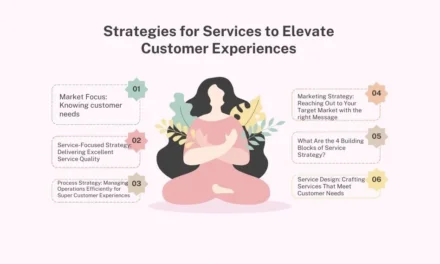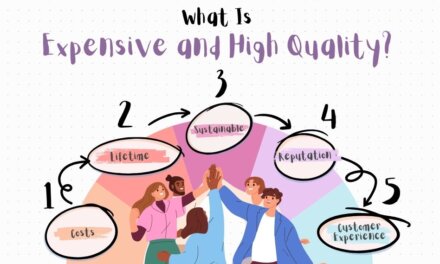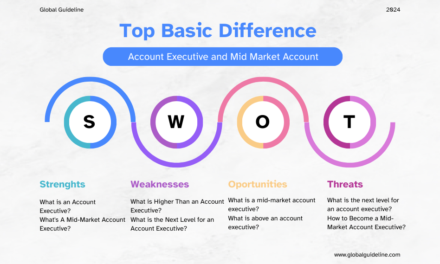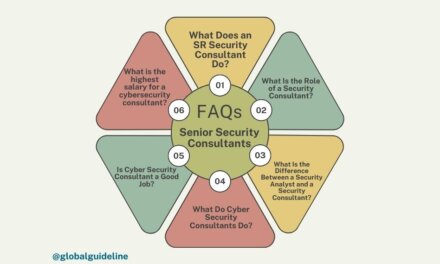Leadership is not a position but rather a philosophy guiding the behavior and decisions of a professional in interacting with others. It would be that the exact shape which you take would determine how you inspire and lead your team, and understanding that, leaders tend to grow both personally and professionally. Whether you seek to become a leader or improve your approach, this article takes the guesswork out of what a leadership philosophy is and how to develop yours, and then provides 10 insights to help you grow as a leader.
Table of Contents

1. Leadership Philosophy What is it?
Prior to disseminating the information learned, a leadership philosophy will need to be defined. A leadership philosophy is most aptly described as those beliefs and principles that guide a leader’s actions and decisions. It is a reflection of your values, ethics, and leadership style, giving a framework for how you lead your team.
What is an Example of a Leadership Philosophy?
For example, an example of the leadership philosophy might read something like this: “I believe in leading by example, then opening doors to create opportunities for open communication and my team members to achieve their full potential. My focus is on building an environment that is collaborative, where people feel valued and motivated by their contribution.”
This philosophy really discusses being the first example and creating an environment that is truly inclusive with ideas of facilitation through openness and collaboration.
2. The Core Philosophy of Leadership
The core philosophy of leadership can be real simple: to understand what your role is and how you can lead others. However, on the whole, that brings the tone for your team to be up to par with your guiding principles. So, what, really, is the core philosophy of leadership?
What is the Core Philosophy of Leadership?
The heart of the leadership philosophy is the set guiding principles to direct the leader’s behavior and decision-making. These principles often revolve around integrity, accountability, empathy, and the pursuit of continuous improvement.
3. Writing Your Leadership Philosophy
Writing your leadership philosophy is thoughtful but also helps to clarify. It asks you to reflect on what you’ve learned, how you think about values and beliefs about leadership, and what you believe in. Putting your thoughts into words means that you have created a roadmap for yourself on your journey of leadership.
Writing Your Leadership Philosophy
How to write your leadership philosophy starts with these questions:
- What are your core values?
- What behaviors do you want of yourself?
- What behaviors do you expect from your team?
- How do you approach conflicts and hardships?
The answers to these questions will enable you to form a brief, clear leadership philosophy about who you are as a true leader.
4. Types of Leadership Philosophies
Leadership philosophies come in more than one type and have its approach and focus. These types, knowing them will enable you to know which one you would fall into.
Types of Leadership Philosophy
- Transformational Leadership Philosophy: It is about inspiring members to achieve their potential.
- Transactional Leadership Philosophy: It is about systematic leadership practice where reward and punishment are encouraged for individuals in the team.
- Democratic Leadership Philosophy: It facilitates open communication as well as mutual decision-making.
- Autocratic Leadership Philosophy: The team makes decisions e masse as one entity with minimal contributions from the team
- Laissez-Faire Leadership Philosophy: Members of the team make decisions individually with negligible intervention by the leader.
5. The Role of Feedback in Leadership
You need to seek feedback to grow. What people close to you, like your team members, could offer concerning your way of leading them would be very enlightening and enlightening to you also, in making improvements to become a good leader.
Seeking Feedback as a Leader
As a leader, it is only important to foster an atmosphere that encourages open feedback from team members to prove and grow along with the continuous improvement of the team.
6. Authentic Leadership: Being Genuine
Authentic leadership is synonymous with being genuine and truly open with your team. Lead in integrity, which again gets one to their true nature no matter the many challenges they face in life.
Philosophy of Leader in Me
Authentic leadership philosophy is being honest, ethical, and consistent in your acts. Authentic leaders work towards upholding their principles and maintaining a healthy team environment for trust and credibility.
7. Why Open Communication?
Open communication is a fundamental ingredient of necessary leadership. It should mean that there are open lines of communication between you and your people. Communication should be easygoing where everyone gets informed, focused, and engaged with new ideas.
How to Answer “What is Your Leadership Philosophy?”
Where you are asked about your leadership philosophy, highlight, open communication, which is that you make sure everyone is heard, and their ideas are solicited. “My leadership philosophy hones on open communication with all members, where I assure them of letting their voices be heard and allowing their ideas to be given. I believe that by allowing transparency and collaboration leads to better outcomes.”
8. Problem Solving and Decision Making
A good leader is a problem solver and a decision maker. As such, your leadership philosophy must include how you’ll approach challenges as well as decisions that benefit your team and the organization at large.
Problem Solving in Leadership
A leader faces multiple circumstances in life that call for instant thinking and strategic decision-making. Therefore, when you include problem-solving in your philosophy of leadership, you are prepared to take on the troubles that will come your way and will lead your team through problems.
9. Group Performance and Leadership Style
What you do determines the performances and morale levels of your group. Whether it is transformational, transactional, or laissez-faire, knowing which style you are reflecting to your group will ensure success.
Examples of Leadership Philosophy
Here are some examples of leadership philosophy, strictly dependent on different styles of a given leader.
- Transformational Leadership: “I inspire and empower my team to reach their best. Culture innovation and learning culture are what keep me focused.”
- Transactional Leadership: “Clear expectations and accountability are cherished values. High performance deserves to be rewarded. Challenges must be dealt with promptly to maintain team efficiency.”
- Laissez-Faire Leadership: “I trust my team to take ownership of their work and decisions. My job is to provide support and resources when needed.”
10. The Future of Leadership: Adapting to Change
The art of leadership is changing constantly, requiring additional learning and adapting. With new problems and opportunities come, leaders have to be more agile and accepting of change.

Writing Your Leadership Philosophy for the Future
As you write your leadership philosophy, consider what you will do in the future to respond to challenges ahead. Emphasize how you embrace new ideas, technologies, and methodologies that might be applied to strengthen your leadership.
Job Interview Preparation: Talking About Your Leadership Philosophy
When preparing to go on a job interview, it is highly important to discuss your leadership philosophy. Employers need to know how you lead and what guiding principles helps inform your actions.
Common Job Interview Questions on Leadership Philosophy
- “What happens when there is conflict in your team?”
- “Give me an example of how your leadership has helped you accomplish a goal.”
- “How do you motivate the members of your team?”
- “How do you encourage open communication with members of your team?”
Frequently Asked Questions: Leadership Philosophy
What is a leadership philosophy?
An example would be: “I lead by creating an environment that encourages collaboration, open communication, and mutual respect. I believe in empowering the team to take ownership of work while offering guidance and support.”
How should I write my own leadership philosophy?
To begin composing your personal leadership philosophy, think about your values, experiences and the sort of leader you want to be. Think upon how to define success, challenges and interaction with the team.
What are the core philosophies of leadership?
The core philosophies of the leadership include guiding principles like integrity, accountability, empathy and continuous improvement. It defines how the leaders should behave and come to decisions.
What is your leadership philosophy?
When answering this, talk about what is guiding you, so to say, and how it guides your actions as a leader. They should communicate essentials like communication, problem-solving, and team empowerment.
What’s the overall philosophy of leadership?
The overall philosophy of leadership holds that leaders must lead with integrity; inspire others, and commit themselves to the growth and development of the people they lead.

Conclusion: Creating and Implementing Your Leadership Philosophy
Your leadership philosophy is who you are as a leader. It’s not just words; it’s a navigation tool guiding your decisions and actions every day. When you know and clearly communicate your leadership philosophy, you will lead more effectively and, in turn, inspire others to do the same.
This article, “What’s Your Leadership Philosophy? 10 Insights for Growth,” gives detailed enlightenment on understanding, developing, and applying one’s leadership philosophy. Whether you are an accomplished leader or just starting out, here are some points to help you grow and adjust in your leadership journey, therefore leading with purpose and conviction.
Related Post:
Top 5 Reasons to Always Take a Lead for Success










